NSW State Parole Authority members on the cases that keep them up at night
The everyday civilians who make up the State Parole Authority are responsible for releasing the state’s worst criminals into the community. They have opened up for the first time about the difficult decisions and unintended consequences.
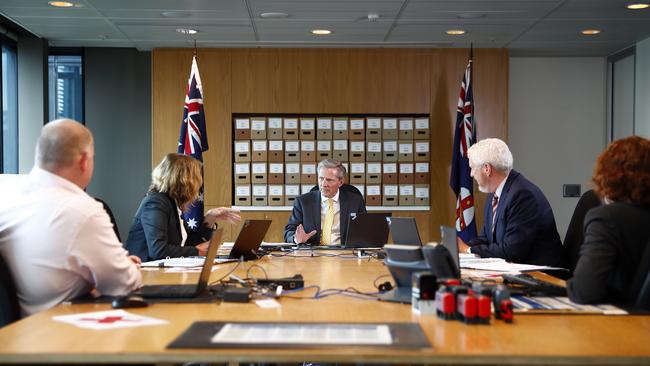
Police & Courts
Don't miss out on the headlines from Police & Courts. Followed categories will be added to My News.
When former Wallabies great and veteran State Parole Authority member Lloyd Walker considers whether to let a criminal out of prison he asks himself: “Would I be happy to have this guy live next to me?”
And “this guy” could have committed one of the most heinous crimes in NSW.
But his jail sentence is coming to an end and it is the job of Mr Walker and 36 other parole board members to ensure he will fit back into life on the outside.
Most of the time it works.
Sometimes old habits die hard.
On a Wednesday in mid-November, a panel of five board members arrived at the SPA offices at the Parramatta Justice Precinct for a private meeting.
They have a list of about 45 prisoners all approaching their parole eligibility or review dates.
There is a cold case murderer, a stepdad who killed a toddler in country NSW, a disability carer who abused his position of trust and assaulted a vulnerable woman and another woman who robbed an elderly man with a broken wine bottle.
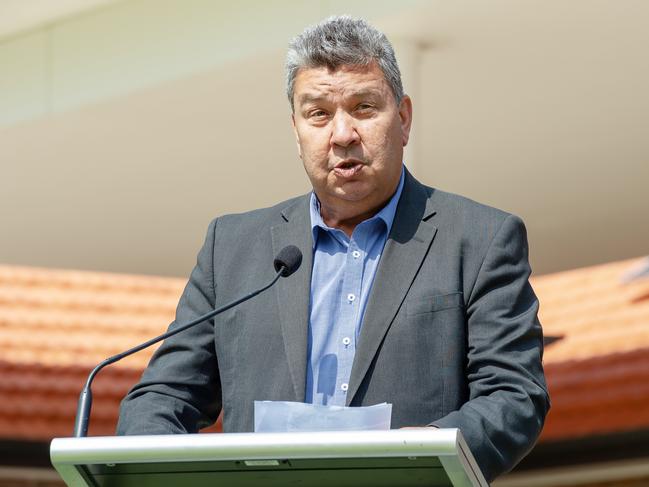
Some decisions are more straightforward than others — the inmate has done everything right in custody and has support on the outside to keep them on the straight and narrow.
Others are more complex, like sex offenders midway through a therapeutic program in jail or a habitual offender whose bad behaviour in prison tilts the scales toward a parole refusal.
It is a constant balancing act and the decisions are often met with uproar and confusion in the community.
But the members believe in what they do. And they are all steadfast in their belief that parole works.
“I think parole really enhances community safety more than an inmate spending their full sentence in custody and coming out with no restrictions and no help,” Mr Walker explained.
For the first time The State Parole Authority has granted exclusive access to the charity workers, retired athletes, lawyers and judges who make up the parole board and carry the fate of NSW’s most notorious offenders in their hands.
They speak honestly and openly about the cases that have stayed with them and reforms needed to get offenders off the merry-go-round of reoffending.
Criticism and controversy comes with the territory – nobody wants a convicted murderer living next door.
Bar public review hearings for serious offenders, the authority had largely been a closed shop. Two years ago it started publishing it‘s decisions following calls for transparency from victims and media.
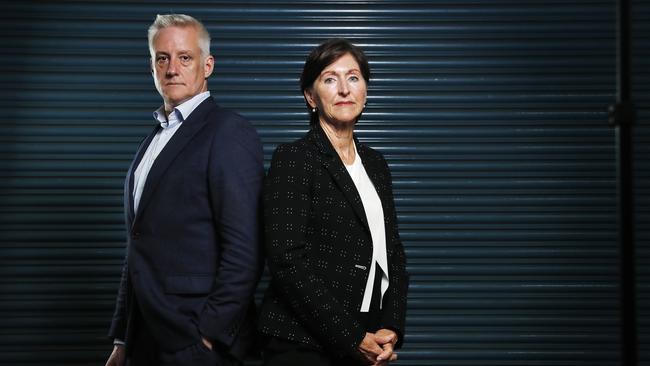
They’ve been labelled secretive and out of touch with community expectations but slowly, the parole authority is coming out of the shadows.
“We are not here just ticking boxes,” parole authority member Peta Drake said.
“We are making difficult but informed decisions to keep the community safe because the safety of our community is our priority, always.”
Sixty days out from an offender’s earliest parole release date, the panel pores over the pages that will inform it‘s decision – judge’s remarks, victim submissions, post-release accommodation options, prison case notes.
The robust arguments for granting or refusing parole are canvassed at a private meeting and a decision is made with a suite of tailored conditions, like electronic monitoring or a ban on contacting children.
“Offenders on parole need supervision, monitoring as well as structure to keep them on the straight and narrow,” State Parole Authority chairman David Frearson SC said.
“Because without this safety net, they are more likely to reoffend and that is not what the community expects or demands.”
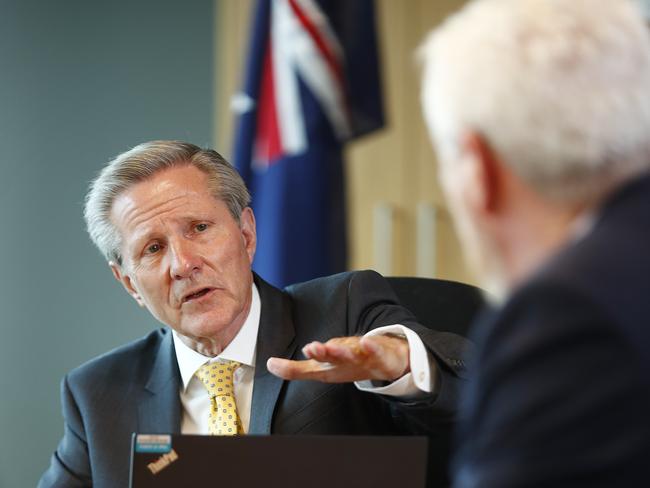
The board makes parole decisions on timelines determined by the court but the decisions to release murderers or serial rapists are rarely well received by victims‘ families.
For Don Sword, appointed to the parole board in 2015, prison should be about rehabilitation as much as punishment.
But jail yards are brutal environments with drugs and violence and some come out worse than when they went in.
Mr Sword, who runs a homeless service in Sydney, recalled the case of a university student, jailed for causing a serious car crash, who developed a drug addiction in prison.
“He received quite a stiff sentence and while in custody for the first time he started using methamphetamine,” he said.
“When he came up for parole, the decision was made, it‘s probably better if you do a (drug rehabilitation) program in custody. So we refused him.”
By the time the young man’s parole was up for review again, he’d been seriously assaulted with a sandwich press and left with a brain injury.
“We didn’t wield the sandwich iron but had we not made that decision he likely would not have the brain injury,” Mr Sword, who is also a member of the NSW Legal Aid Review Committee and Justice Disability Advisory Council, said.
“You look at that and think of the lives ruined; his decision to drink and drive, you think of what happened in custody, his life now, already irrevocably damaged but now perhaps ruined.
“And the parole authority’s decision making process in that. Sometimes there are unintended consequences of a decision.”
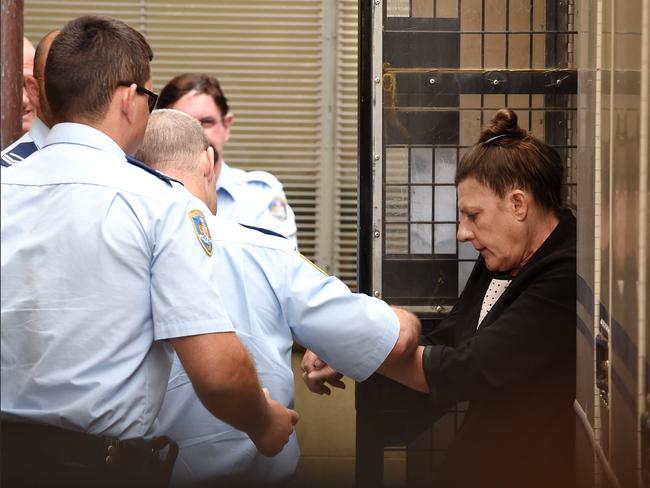
At this point in the interview, Ms Drake and Mr Sword are close to tears, moved by the harsh reality of it all.
“It is real people and it is a real disadvantage,” Ms Drake said.
“These are not the high profile cases you are hearing about; this is everyday stuff.”
Ms Drake remembers a young Aboriginal woman who was struggling to meet her parole reporting and care for two young children at the same time.
The woman missed appointments with Community Corrections, was breached, thrown back in jail and her children left without a mother.
Ms Drake, who previously volunteered on an immigration detention monitoring project, pondered over “the usefulness” of that situation.
“She had committed offences, she had her conviction, she had her penalty, the community expects her to do what‘s required,” she explained.
“But she was unable to because of her circumstances so I felt we had let her down.”
That woman was an example of an offender stuck in the “revolving door”.
They are offenders who become disengaged and miss meetings with their parole officer or fail a drug test.
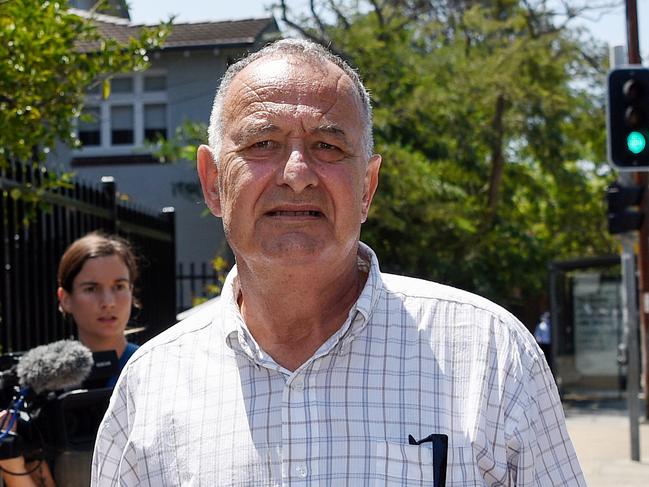
Their parole is then revoked and they spend four to six weeks in custody, which isn’t long enough to access drug and alcohol rehabilitation programs, Ms Drake explained.
Then they come back before the parole board, which decides whether the breach is severe enough to keep them in custody to serve out their original sentence or resume their parole.
They’re released into the community again only to face the same struggles and temptations.
“I call it the revolving door,” Ms Drake said.
“They will have unstable housing, often a drug issue, often a mental health issue all connected in my view, often not working, poor family circumstances.
“They are the people that we see.
“I feel we can do better for those people in terms of providing better support and services for them in the community.”
Aside from the well publicised and serious examples of criminals reoffending on parole, about 80 per cent of parolees the authority manages complete their parole without a hitch.
But a breach of parole condition 16 – abstaining from alcohol and drugs – was common and drug offences were over represented in the parole board’s case load.
Mr Sword and Mr Drake agreed it was time to consider drug use as a health issue, not just a criminal justice problem.
“There is a line of argument that I think I agree with in that we are almost warehousing people with drug addictions and mental health issues in our criminal justice system,” Mr Sword said.
“There may be a better argument for that to be tendered to by the health system.”
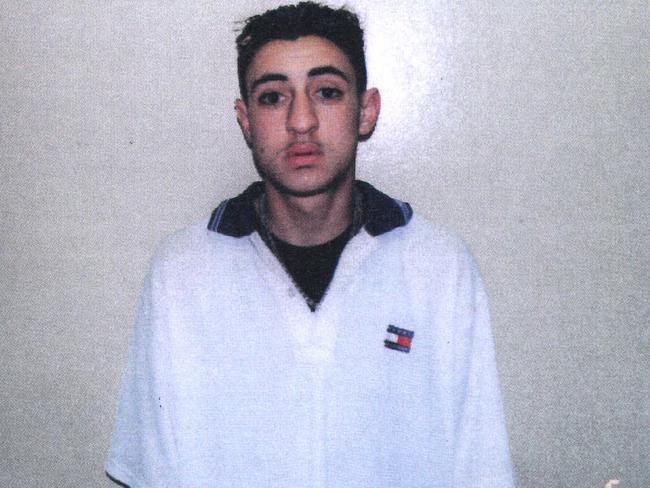
Medium to high risk sex offenders need to complete a therapeutic program, like the Custody Based Intensive Treatment (CUBIT), aimed at reducing the risk of reoffending.
A 2016 study found “no evidence” CUBIT, residential group therapy, reduced sexual or violent reoffending but most sex offenders won’t get parole without it.
It can take years to get a spot in the course and that becomes an issue for the SPA because it eats into an offender’s parole period.
Without parole, which “reduces reoffending”, an inmate can walk out of prison at the end of their sentence with no supervision and scrutiny.
That sets “them up to fail and endangers the community”.
“I sometimes hear this debate about why on earth should a sex offender be given anything?” Mr Sword said.
“It is not just in their interest but it is in the community interest.
“If you have a child sex offender you want them started on the program as soon as they are in custody.
“There is an absolute paucity of those programs and my concern is that you want to invest in those programs to protect against potential future victims, child victims down the road.”
In 2017, a NSW Audit Office report found 75 per cent of prisoners who needed a spot in a therapeutic program couldn’t get one before their earliest parole release date.





